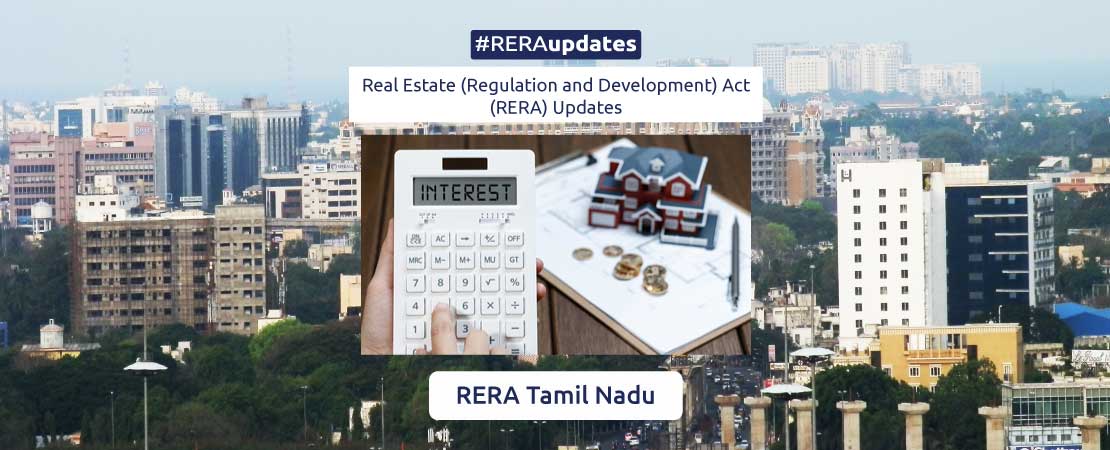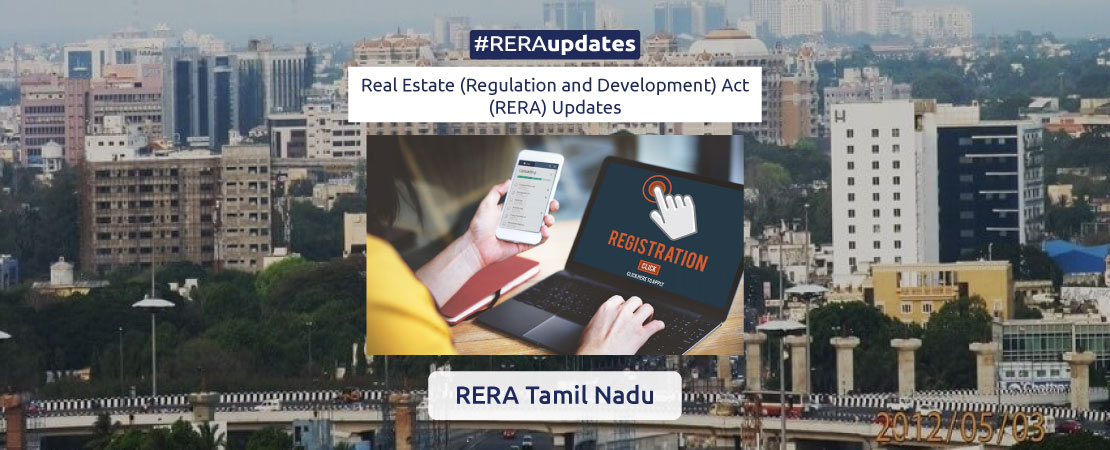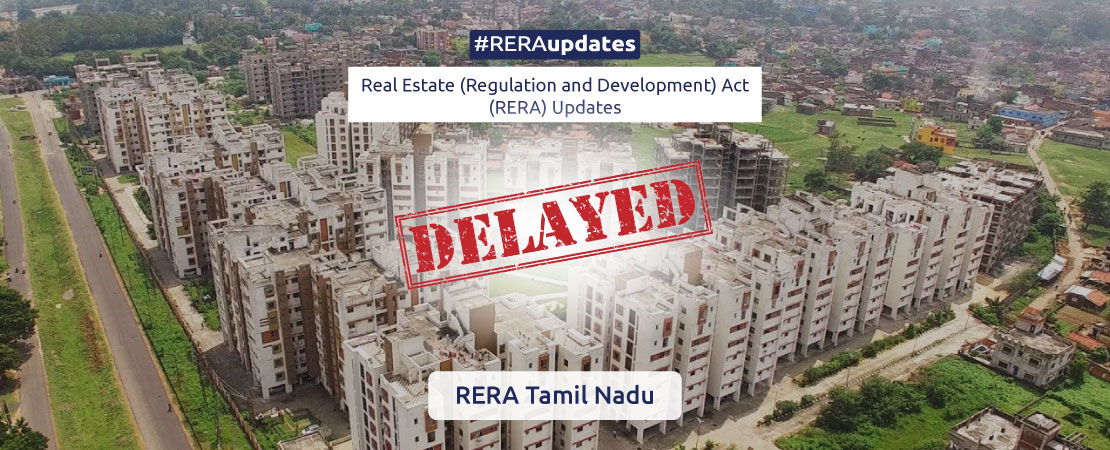The Tamil Nadu Real Estate Regulatory Authority (TNRERA) has ordered Ozone Projects, a developer, to pay a refund of Rs 1.7 crore to one of the company’s clients with an interest of 9.3 per cent from date of complaint for failing to honour a 2011 agreement between the two on handing over the flat.
The complainant, Aley Cherian, had paid the amount to acquire a 3 BHK apartment at a residential complex in Metrozone, one of the developer’s luxury housing projects in Chennai.
However, Ozone did not hand over the flat to him as agreed in June 2014. As Cherian’s calls to the developer asking for a refund over the last eight years did not bear fruit, he finally filed a complaint to the TNRERA for intervention on April 8, 2021.
Sunil Kumar, a single-member bench of the TNRERA, after listening to the arguments of Cherian, represented by practising company secretaries K Gaurav Kumar and Alpha Jain asked the developer to refund the amount within 30 days by paying an interest rate of 9.30 per cent on the amount starting from the date of filing of the complaint to TNRERA.
Sunil Kumar, in his order, also said that Cherian is at liberty to move the adjudicating officer for claiming compensation. Similarly, the charge of the aforesaid amount as encumbrance shall be on the flat booked by Cherian till repayment of the claim as per the order.
Sunil Kumar also ordered the office of TNRERA to intimate the encumbrance created by the charge in the order to the sub-registrar concerned. Upon the repayment of the claim as per the order, Cherian shall execute the cancellation of the construction agreement and sale deed as the case may be at the expense of Ozone Projects, Sunil Kumar added. Rs 15 per sq ft was assured for a month’s delay.
The total cost of the apartment in the AB Tower of the complex was 1.92 crore. In November 2011, during the construction agreement, a sale deed was executed for Rs 22.56 lakh and Rs 1.70 crore was paid. The remaining amount was to be paid at the time of handing over the apartment.
In the event of a delay, the developer had agreed to pay a sum of Rs 15 per square feet per month till the resolution unit was handed over. The agreement stipulates that if the delay exceeds more than six months, the builder shall pay an interest of 10 per cent per annum for further periods of such delays.
Though the agreement was signed, it was not registered as the construction agreement stipulates the execution of the sale deed only on the completion of 80 per cent of construction, which did not happen.
During the hearing, Ozone Projects agreed that Cherian was entitled to seek a refund but it sought time. Sunil Kumar said that as per Rule 18 of TNRERA rules, the rate of interest payable shall be the highest marginal cost of lending rate of interest of SBI (7.30 per cent) plus 2 per cent per annum.








